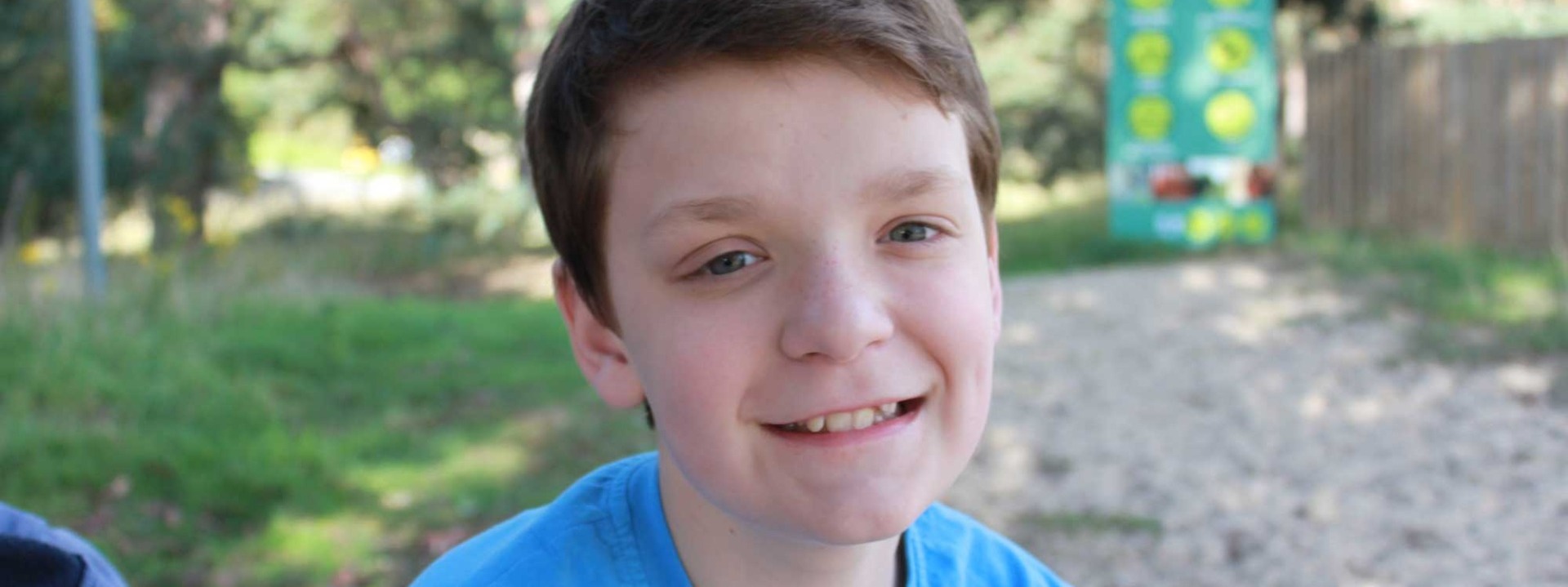About APPM
APPM was established in November 2009 after the merger of Children’s Hospice UK doctors’ group and the British Society of Palliative Medicine. Joining forces provided a platform to better promote and support practice and reflects the work of paediatric palliative medicine practice across the sector and develop tailored resources and educational opportunities to our members.
In the past 10 years APPM has established an annual study day and a free at the point of access online APPM formulary. For members it provides regular newsletter updates and access to ‘Palliative Medicine’ journal online. APPM now has its own website.
How to get involved in the work of APPM?
After joining the APPM, you will receive regular newsletters updating you on the work of the APPM and wider issues relevant to paediatric palliative medicine. We hold an annual study day where the AGM is held.
The newsletter and AGM are regular points in the year where we not only update members on our work but also invite members to join various groups or committees as they are established. At the AGM there is an opportunity to ask questions or you can email the chair (chair@appm.org.uk) at any time. If you have any questions, ideas or want to be more involved then please don’t hesitate to contact the chair.
The aims of the APPM are:

To promote the practice of paediatric palliative medicine and the development of standards of good practice

To ensure appropriate standards of education, training and practice of paediatric palliative medicine including through the work of the Royal Colleges of Paediatrics and Child Health, the Royal College of General Practitioners and other relevant institutions

To promote equity of access to appropriate and effective paediatric palliative care services

To identify priorities for paediatric palliative care research, providing direction and facilitation for research as appropriate

To promote co-operation and collaboration with other professionals, statutory and voluntary organizations involved in the care of children and young people with life-threatening and life-limiting conditions and their families

To maintain formal links and effective communication between relevant medical colleges and other national and international bodies


